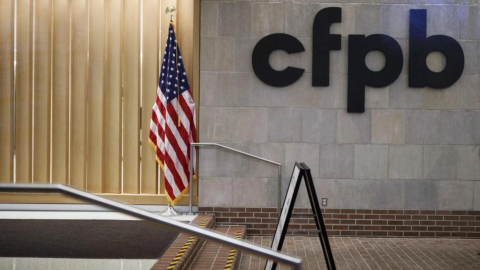The interpretive rule aims to ensure that U.S. workers are informed about the costs and fees associated with paycheck advance products.
The Consumer Financial Protection Bureau (CFPB) contends that many paycheck advance products, also referred to as “earned wage” products, are classified as consumer loans under the Truth in Lending Act. The proposed rule will clarify that lenders are obligated to disclose the costs and fees of these credit products to employees.
In conjunction with the interpretive rule, the CFPB has also released a report analyzing employer-sponsored paycheck advance loans, which prompted the agency’s guidance.
Key findings from the report include:
– Workers utilizing these employer-sponsored products typically take out an average of 27 loans per year.
– The average employer-sponsored loan has an annual percentage rate (APR) exceeding 100%.
– A significant portion of workers incur fees to access their wages early; over 90% paid at least one fee in 2022 when employers did not cover the costs.
– Workers may also face monthly subscription fees, potentially up to $14.99, and frequently make payments that lenders refer to as “tips.”
– The market for employer-partnered paycheck advance products is experiencing rapid growth.
In May of this year, the CFPB proposed a new rule indicating that buy now, pay later (BNPL) lenders should be treated similarly to credit card issuers.
